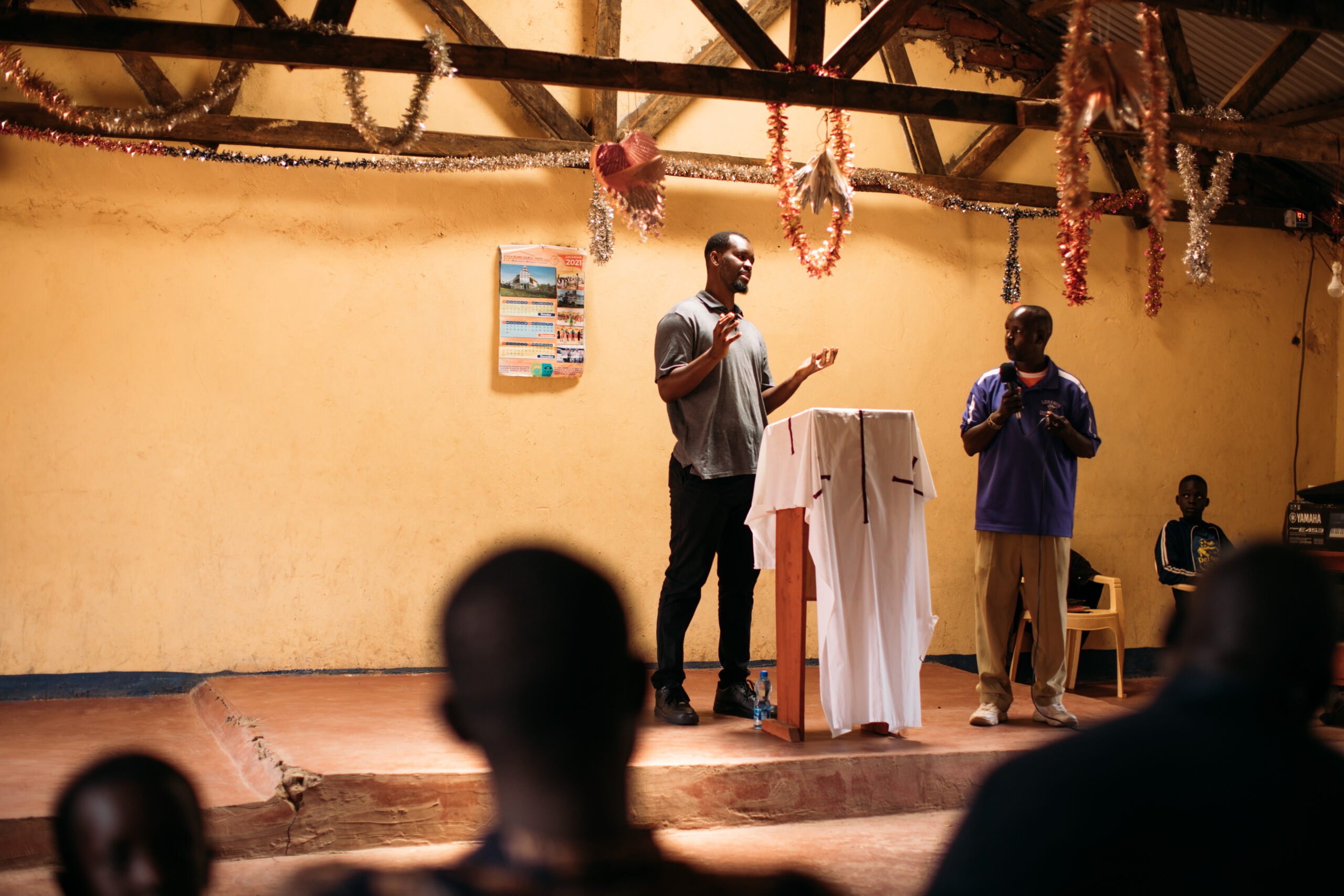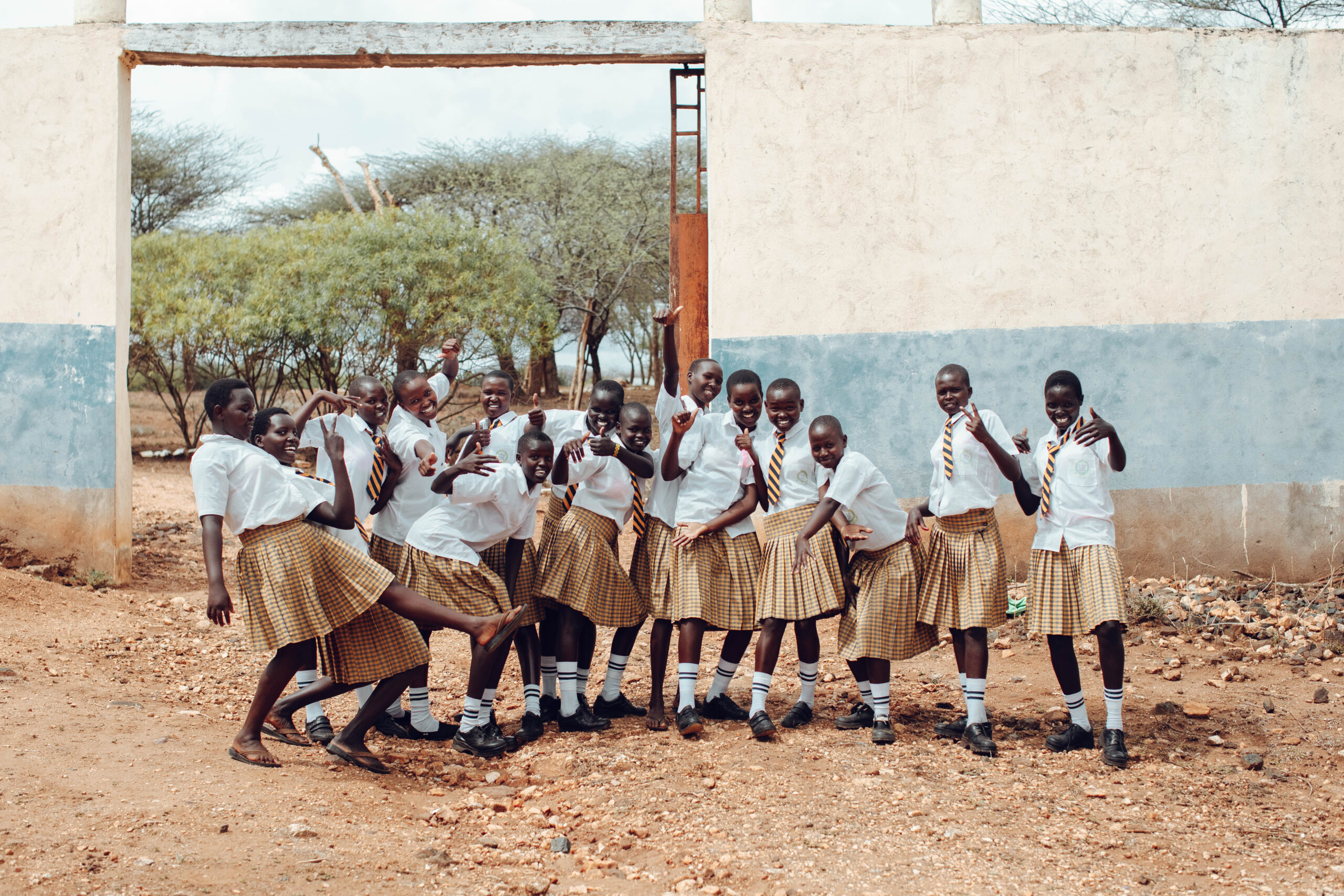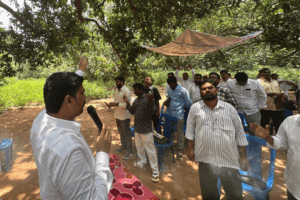In an era where quick fixes and immediate results dominate the societal mindset, the concept of community transformation often requires a paradigm shift. Community transformation involves commitment, strategic planning, and a long-term vision. More than that, this investment must start with understanding, listening, and building trust in relationships. When these crucial steps are skipped in the process, communities are less likely to experience lasting stability and develop resilience despite the tactics and best efforts put in place to transform the community to look more like the Kingdom.
For over 30 years, we have been partnering with the Global Church to transform communities by sharing the gospel with unreached communities and planting churches where there are none. In this time, we’ve learned many lessons, one being that community transformation is a long-term investment as opposed to a short-term goal.
Specifically, At Mission ONE, we’ve learned the value of coming alongside a community rather than just coming to a community with support.
Three key factors to investing in communities long-term:
1. Building Intentional Relationships
2. Fostering Stability
3. Cultivating Resilience
Building Intentional Relationships
The process of building relationships and cultivating trust takes time. Learning new cultures and understanding what a community truly needs also isn’t a quick process. However, we have seen the most transformation when we have first spent time investing in the community itself, not the systems that could potentially be put in place to bring about transformation.
Approaching a community with the love of Jesus, a listening ear, and a heart to truly understand not only allows us to better recognize how to serve a community, but also creates organic opportunities for the gospel to be shared in the process.
Fostering stability
After time has been invested in the community through a period of listening and learning, only then are we able to assess how we can holistically bring about transformation for the gospel’s sake.
In doing this type of work, there lies a temptation to deliver Western practices to various corners of the world in hopes of bringing about rapid development. Even in terms of stability, what we consider to be the best form of creating security and balance here in the U.S. will most likely differ from that in remote, rural villages in other countries. In addition, what one community needs most can widely vary from the next, whether it be access to education, medical care, the ability to learn vocational skills, or a small business that can create jobs and generate an income.
It’s imperative that the work we do creates lasting stability for generations to come, first through the community formed in the local church, and then through the intentional programs we start that bring reliable services and support to the community.
Cultivating Resilience
Resilience is the ability of a community to withstand and recover from adversities. When local churches and projects are formed without a strong foundation, the support initiated will likely fold under stress. However, when time is spent earning trust and creating stability through the local church and projects, communities are more so able to move forward and adapt when necessary.
We want communities to find strength in God and within themselves as image-bearers, not just today, but throughout generations. Through His power, we’re seeing incredible transformation for the Kingdom and communities strengthened in the name of Jesus.
“If one part suffers, every part suffers with it; if one part is honored, every part rejoices with it. Now you are the body of Christ, and each one of you is a part of it.” –1 Corinthians 12:26-27
One Community’s Transformation
We’ve been partnering together with a community in Pokot, Kenya for over 24 years. Throughout this time, we’ve planted three churches in the community, opened three medical clinics, and started an All Girls School that is changing the trajectory of young girls’ lives. This has only been made possible because of the years we spent gaining trust with the community. As we listened and learned from them, we realized how we could come alongside them and serve their greatest needs. Today, the medical clinics collectively serve over 2,600 community members each month, and 122 girls are enrolled in the All Girls School.
Before, young girls in the community were forced into early marriages and motherhood in exchange for their childhoods. Because of this school, a renewed hope has been formed as these girls, and their families, are seeing their value in the Kingdom and the impact on their community. The stability formed through these projects, along with the establishment of the local church, is cultivating resilience, strengthening the community, and transforming it from the inside out.
“We believe the more you invest in the whole community, the more you’ll be able to see the full impact. At Mission ONE, we want to be a ministry that helps the community take steps forward as a whole. Whether that’s through education, medical care, or a small business, we want to come alongside our partners to help communities change their perspectives and beliefs about who they are and the Kingdom.” –Bikonzi Moise, M1 Programs Manager
Search the Blog
Free Resource

3 Ways to Honor God on Your Next Mission Trip
We're sharing three things you should consider before you organize or participate in an international mission trip, seek to do work in the multicultural neighborhood in your own city, or embark on any cross-cultural partnership.



